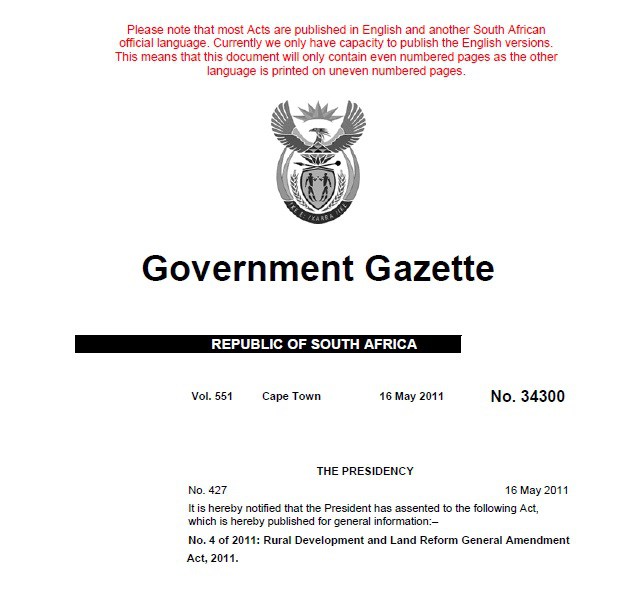Ingonyama Trust Board & Commission on Restitution of Land Rights 1st Quarter 2015/16 performance; Committee Oversight Reports
The Commission on Restitution of Land Rights (the Commission) presented its expenditure trends and financial and performance report for the 1st quarter of the 2015/16 financial year. The performance was fully described by noting the achievements and the targets. In the first quarter, there was a target to settle 92 land claims but the Commission settled 38. 57 land claims were finalised against a quarterly target of 74. Eight projects were approved, against a quarterly target of 12. From the 1998 land claims, 195 land claims were researched compared to the quarterly target of 532.






